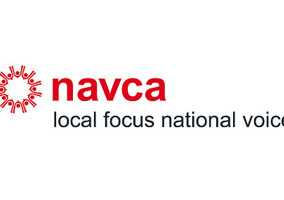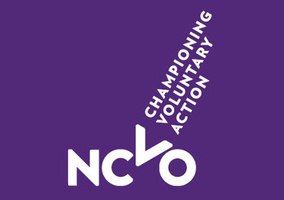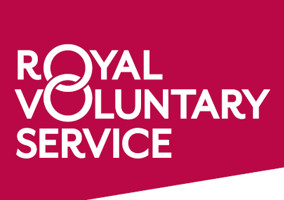Charities should focus on creating meaningful and flexible ways for people to volunteer to capitalise on the “boom” of informal volunteering during the pandemic, according to experts.
Last week the charity think tank NPC arranged a webinar to debate the question: “Are we in danger of failing to capitalise on the pandemic volunteering boom?”
Sir Thomas Hughes-Hallett, founder of Helpforce and a former chief executive of Marie Curie, told the audience that the “obvious answer [to the question above] is yes”. But added: “Are there people doing something about it? The answer to that is also yes.”
Helpforce volunteers work with the NHS to support people who are waiting for care, waiting for an operation, while they're recovering in hospital, and in the days when they arrive home.
“As a country we have an unfortunate history of over recruiting volunteers,” Hughes-Hallett said.
He urged the sector to start “thinking about how we best use volunteers and create roles for volunteers that meet their needs”.
Later in the discussion, he said there is “no shortage in the supply of volunteers” but that the sector could face such a shortage if it does not become more “volunteer friendly”.
For Hughes-Hallett, this means: “Using people’s skills and asking them what they would like to do.”
Problem with the word ‘volunteer’?
Panelists discussed whether the word “volunteer” was part of the problem.
Lucy de Groot, a trustee of NPC, was chairing the event and asked whether “volunteering is quite the right word” because it “excludes some people” although it is a “useful coat hanger” term.
Hughes-Hallett said the word is “Victorian” and suggests people have “privilege, time, space and money”.
In his experience, asking people to help is more inclusive because “anyone can afford to help and look after a neighbour”. For example, he said that evidence from some work in East London is that double the number of people will volunteer when it is framed as a request for help.
Jarina Choudhury, strategic volunteering lead at NCVO and partner in Vision for Volunteering, highlighted systemic barriers to volunteering, where people lacked access to infrastructure. She said: “Why don’t we have volunteers from all walks of life in charities?”
She suggested that developing more flexible opportunities could help.
Choudhury said that during the pandemic there were some “really uplifting examples” of where charities adapted their volunteering roles for people who were “looking for quicker ways to engage”.
She added: “The pandemic has put volunteering on the map.”
Because more people are now talking about volunteering the sector has a “really good springboard for planning the future”, she said.
The Future of Volunteering project will publish its findings in May, Choudhury said.
‘People don’t want volunteering to feel like a job’
Chris Reed, director of volunteer mobilisation at the British Red Cross, said it was important to acknowledge that “some of the trends in volunteering were about long before Covid”.
He told delegates: “People don’t want volunteering to feel like a job.”
Reed agreed that when people step forward to help in an emergency, the “challenge is actually making sure that we can find something meaningful for these people to do”.
During the pandemic when the Red Cross “didn’t always have something for them to do” it linked volunteers up with other charities.
For example, he said that the food charity FareShare, which had a largely elderly volunteer workforce, “almost overnight lost a significant percentage of its volunteer workforce”. But the Red Cross was able to “deploy them [volunteers] to other organisations that did have need”.
Reed called on the sector to make sure it stays relevant.
“We need to be far more modern in our approach,” he said. “To make sure it [volunteering] feels less like a job and make sure we do capitalise on the boom.”
Related articles












